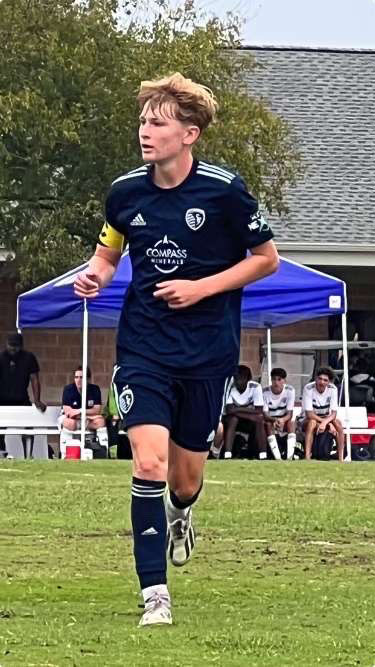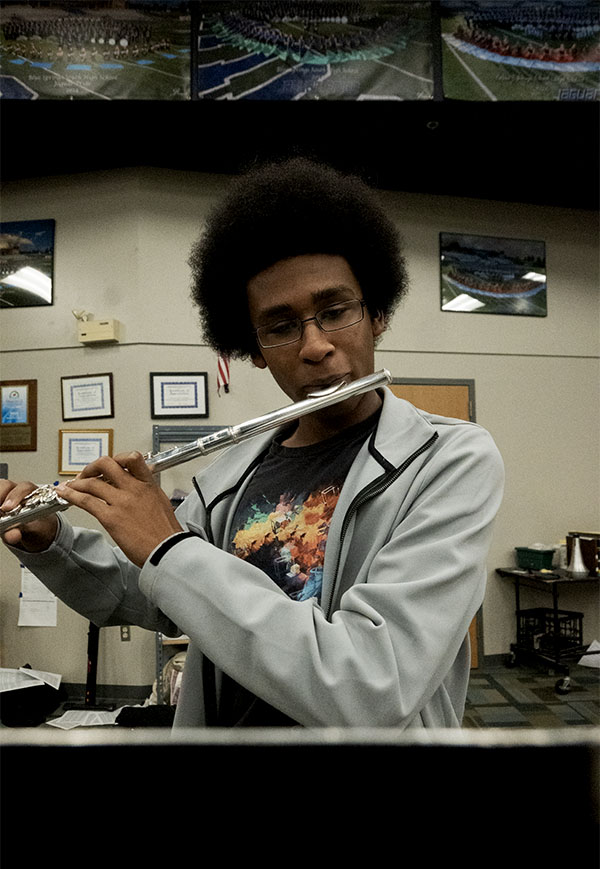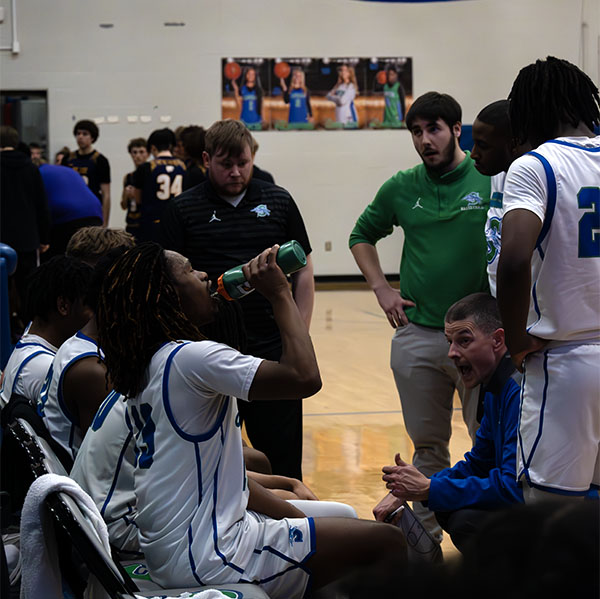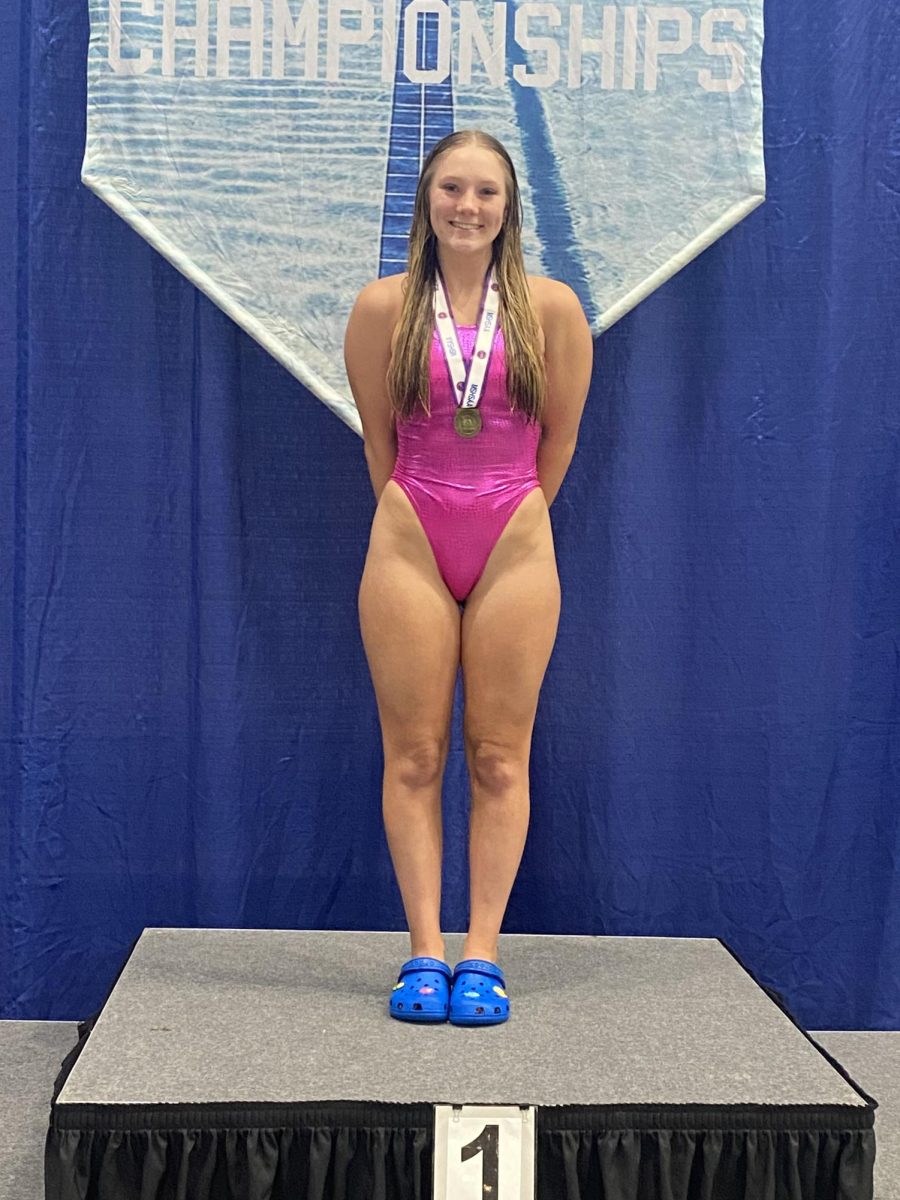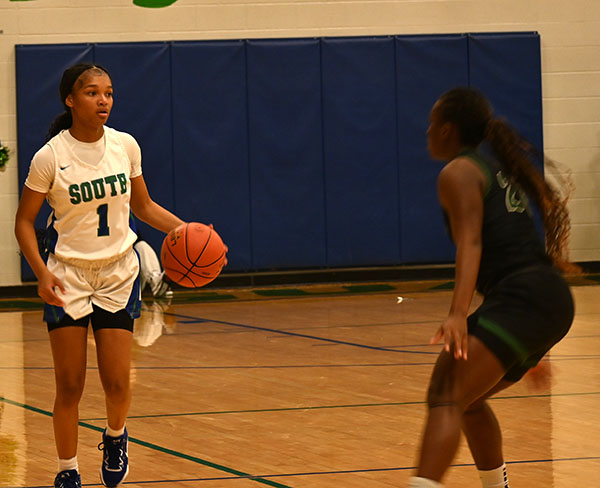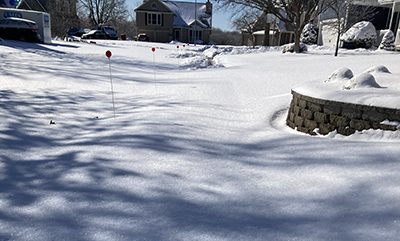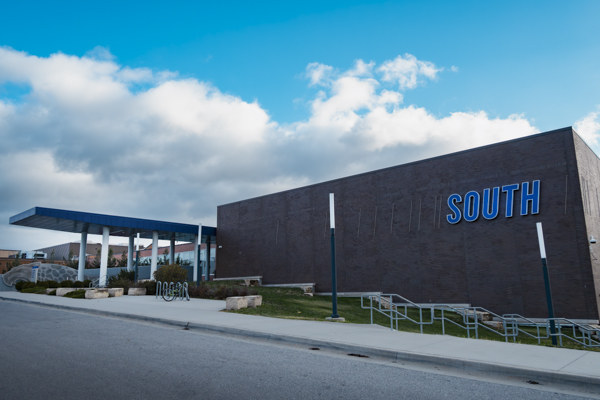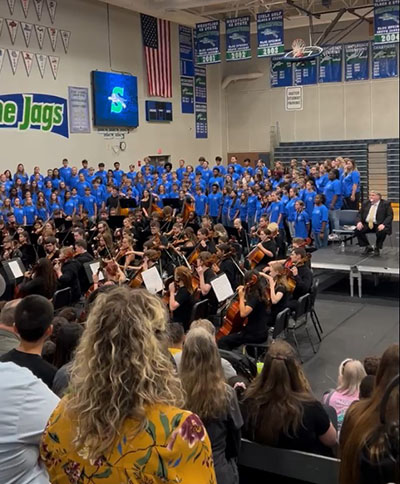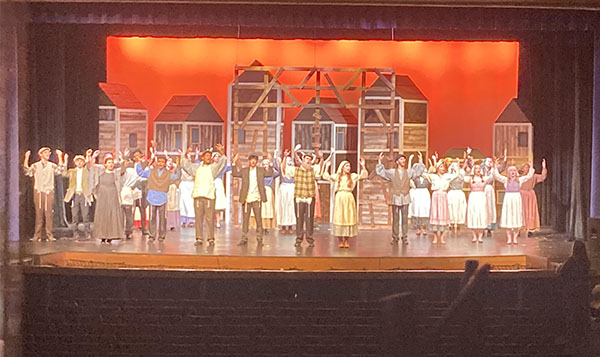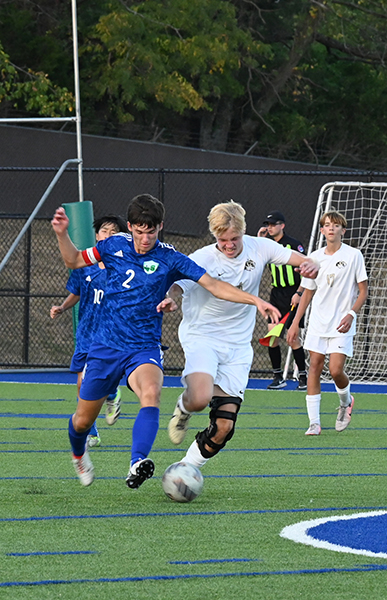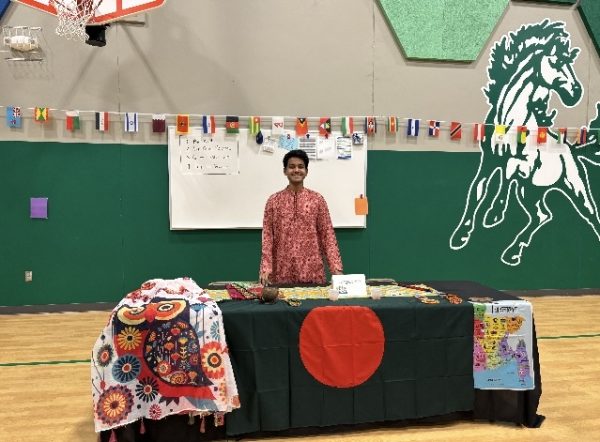
The Jag
By Jadynne Brady
Editor-in-Chief
In the past, Blue Springs South has hosted a number of exchange students, ranging from all parts of the globe, usually three or four at a time.
This year, Shaikh Khan from Bangladesh is South’s sole foreign exchange student.
Khan says that learning English wasn’t the biggest struggle, as Bangladeshi schools taught the language since he was young, but it isn’t used very much.
“We don’t really have to do it [speak English] all the time because we have our own language,” he says, “So, that was a difficult part when I got here, like for the first one or two months. Just getting used to incorporating English the whole day.”
However, English isn’t the only foreign language Khan knows.
“I speak Bangla, that’s my mother tongue. But then I learned Hindi. And other than that, I can read Arabic, but I can’t really speak it,” Khan says.
Khan says that the way the U.S. is portrayed in the media, as in TV shows, movies, etc, is accurate, and because of that, he felt prepared for the culture shock.
“I would say that’s the, one of the most questions that I’ve been asked,” says Khan, “Everybody will be like, oh, you’re the foreign exchange student. So, what’s the biggest thing that has shocked you for that part, I would say what I think is America is pretty well portrayed in media.”
For the U.S. as a whole, he was surprised about how varied people can be.
“It’s really interesting to see, even in one country, how vastly different people can be. How different from one side to the other side of the country. But I’m so glad that I’m in Missouri, because I think it’s really American. Like, it’s the most American [it can] get,” says Khan.
What Khan really loves about the U.S. is how people are free to be themselves.
“You[in Bangladesh] definitely have more social regulations and expectations from where I come from,” he says. “It’s definitely one of the things that I really adore about America, that you guys don’t really care, in a good way. But just to live and to be kind to people,”
In Bangladesh, there has been another difference in how students treat teachers.
“For [another] example, I would say how different the teacher student relationship. Our form of showing respect is keeping the presence and communication very, very formal. It took me forever to call teachers by their name and not just ‘sir’ or ‘ma’am.’”
For South, he does enjoy how diverse it is.
“But the way South incorporates, the teachers, the diversity, that part I really appreciate. … I was lucky to have in being a such welcome community,” says Khan.
However, South is much easier academically than his school back home.
“It’s so much easier. It’s like 10% of study and 90% of everything else. Whatever studying I’m doing here, I have taken that like, three years prior, back home,” Khan says.
When not at school, he likes to watch television and craft.
“I craft, I knit, and I watch movies, and I look into serial killer documentaries. … I look into a lot of fashion and architecture, documentaries,” he says.
Khan came here through a scholarship, so everything was paid for him.
“My whole thing is paid for by the government of the US,” Khan says. “So, when I got to know about this, I was like, no way. They’re not going to let you be in USA for one year, study there, stay there just for free.”
He says that this exchange year has been a huge change for him.
“There’s a saying that we say, like exchange year is not a year in your life, it’s a life in a year. So, we came here, we made basically our whole life again, like family, friends, support system and yada yada,” says Khan.

